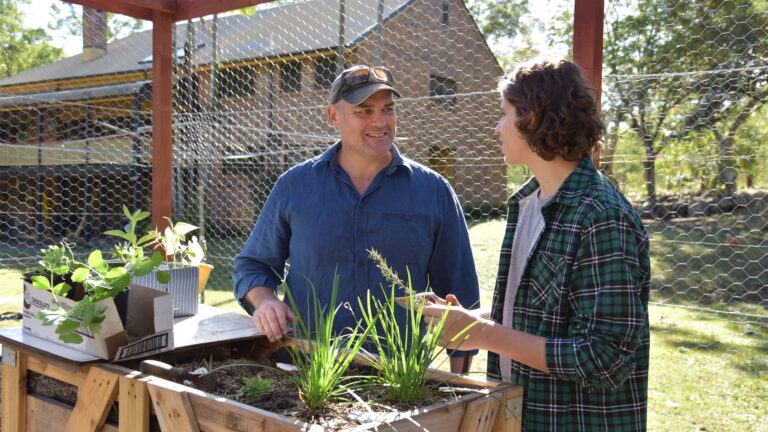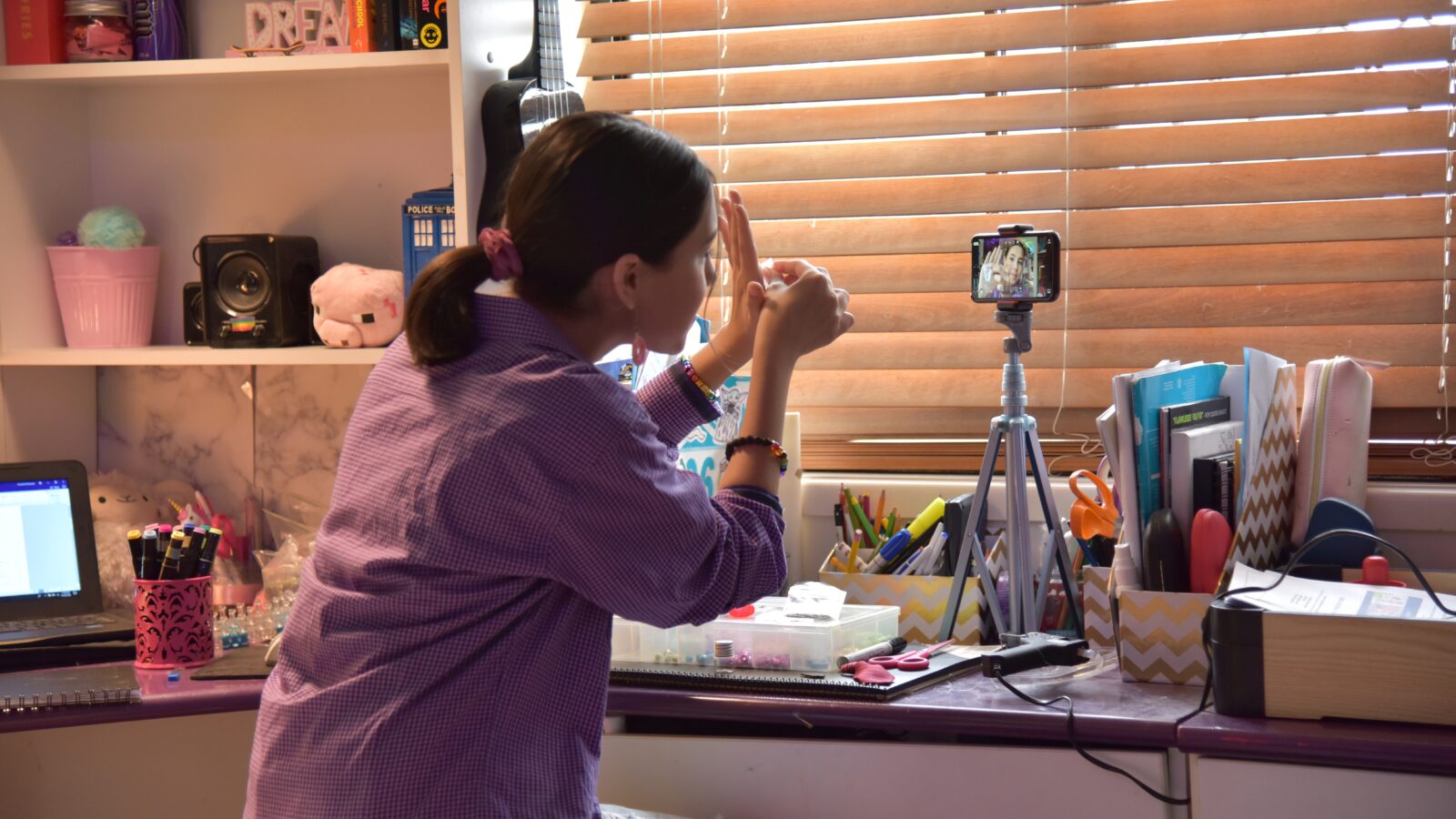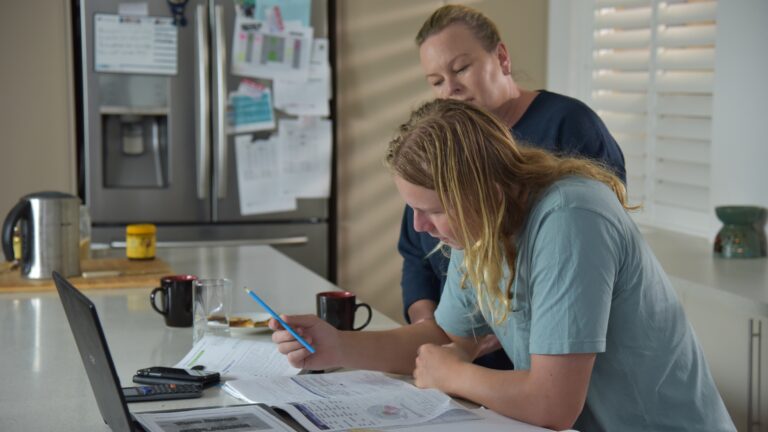Key Points
- Your actions speak louder than words.
- Modelling positive behaviour and healthy lifestyle choices plays a role in shaping your teen’s mental, emotional and social development.
- Nobody is perfect. You won’t always get it right but you can pay attention to the way you act and communicate to positively influence your teen.
Young people absorb information like sponges, observing and mimicking the behaviours of people around them. Whether it’s displaying kindness to others, showing empathy, or being patient in difficult situations, your everyday actions and attitude towards life can have a big impact on your teen’s development and world view.
Of course, we are only human, and being the perfect role model all of the time is not realistic. However, paying attention to the areas outlined below may help you shape your teen to be a compassionate, responsible and confident individual.
Build strong values
A big part of being a role model for your child is to live your life in a way that reflects the values you want to see in them. By demonstrating values like honesty, respect, and integrity, you can help your child develop a moral foundation they can build on for the rest of their life.
Spark their future
Teens who grow up with supportive and encouraging role models are more likely to develop self-confidence and a positive self-image. By celebrating your teen’s accomplishments, encouraging and believing in them during setbacks, and inspiring them to pursue their dreams, you will help them feel empowered to overcome challenges and believe in their abilities.
Teaching responsibility
Teaching teens responsibility equips them with essential life skills such as independence and accountability. When your teen sees you honouring commitments, be it at work or at home, you are helping them learn the importance of being reliable and accountable for their actions. This teaching extends to how you handle mistakes. When you make a mistake, use it as a chance to show your teen that you can own up to when things go wrong and learn from it. If you genuinely acknowledge that you don’t always get it right, you show your teen that although mistakes happen, you can take responsibility, reflect on the error and improve yourself as a result. Meaningful skills and life lessons can emerge when we learn from our mistakes.
Encouraging healthy habits
Our lifestyle choices greatly influence our children’s habits. By making positive steps towards maintaining a balanced diet, staying physically active, and putting strategies in place to manage stress, you can promote health and wellbeing as a priority in your home. If you want to encourage your teen to spend more time outdoors or in nature, for example, incorporate outdoor activities in your own routine and talk about the benefits of being in natural spaces. Spending time outdoors together can become a healthy routine and a great way for you to connect as a family. Your teen is more likely to adopt healthy habits when they grow up seeing you leading a healthy lifestyle.
Communication is key
Communicating clearly with your teen and being comfortable talking about feelings and emotions creates a safe environment where they can learn to express themselves confidently, share their thoughts and feelings and be aware of how others might be feeling.
Every family will experience conflict and disagreements at times, but modelling positive communication shows children how to handle these conflicts constructively, with patience, and without resorting to aggression or hostility. By demonstrating and communicating positive respectful relationships through calm discussions and compromise, you’re teaching valuable skills your teen can apply in their own lives.
Remember that being a role model doesn’t mean being perfect; it means striving to be a positive example for your teen by paying attention to how you act and communicate and by shaping your everyday actions to bring out the best in your child.
Last Updated: 22 February 2024





